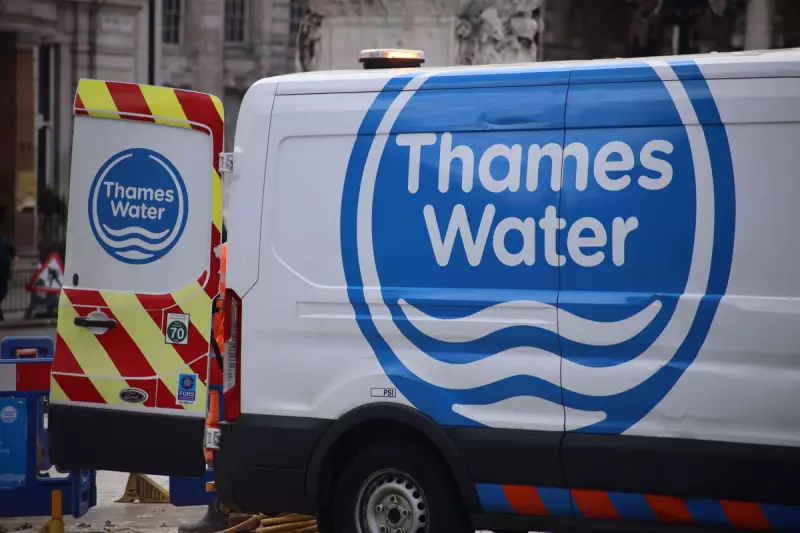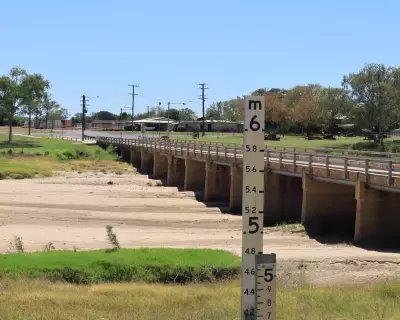
Thames Water, the UK's largest water supplier serving 16 million customers across London and the Thames Valley, is facing a critical legal confrontation with industry regulator Ofwat in the High Court. The embattled utility company finds itself fighting for survival amid a staggering £18 billion debt mountain that threatens its very existence.
Regulatory Pressure Intensifies
Ofwat has taken the unprecedented step of demanding Thames Water produce a credible turnaround plan while simultaneously pursuing legal action to force compliance with previous regulatory requirements. The dual-pronged approach highlights the severity of the situation and the regulator's determination to prevent catastrophic failure.
The water giant, which has been plagued by financial mismanagement and operational challenges, now faces the prospect of temporary nationalisation if its shareholders refuse to inject additional funds. This would mark one of the most significant utility collapses in recent British history.
Financial Black Hole Deepens
At the heart of the crisis lies Thames Water's enormous debt burden, accumulated over years of aggressive financial engineering and underinvestment in infrastructure. The company's financial position has become so precarious that it risks being unable to meet its basic operational obligations.
Industry analysts warn that the situation could trigger ripple effects throughout the UK water sector, with several other water companies also carrying significant debt loads and facing scrutiny over their financial resilience.
Customer Impact and Service Concerns
For millions of households and businesses across London and the South East, the uncertainty raises serious questions about water security and potential bill increases. Customers have already endured supply disruptions and pollution incidents, adding to concerns about the company's ability to maintain essential services.
The crisis comes at a time when public confidence in water companies is at an all-time low, with widespread anger over sewage discharges into rivers and coastal waters alongside perceived excessive dividend payments to shareholders.
What Happens Next?
The High Court proceedings represent a critical juncture in Thames Water's dramatic decline. Legal experts suggest the case could set important precedents for how regulators handle failing essential service providers.
Potential outcomes range from a managed restructuring with new investment to special administration - effectively putting the company under temporary government control. The resolution of this crisis will likely shape the future of water regulation and private ownership of critical infrastructure in Britain for years to come.





